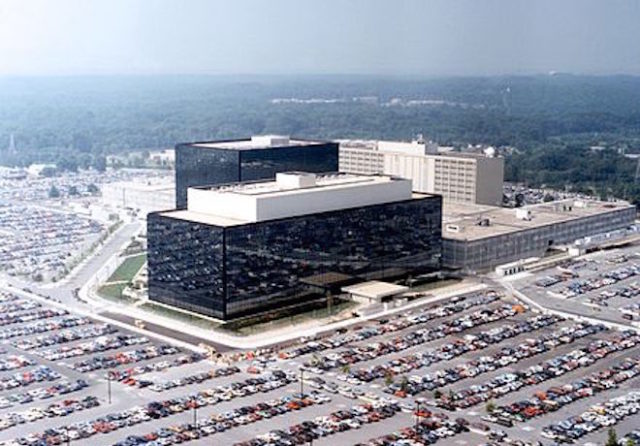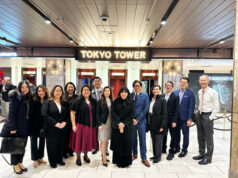by Bruce Rutledge
The Intercept, an online news site, and NHK, Japan’s public broadcaster, released information from the files of Edward Snowden on April 24 that shed light on the often-testy relationship between the Japanese government and the US National Security Agency. The files revealed that the NSA has shared some of its most sophisticated spyware with the Japanese government while also listening in on Japanese officials and institutions. It also revealed that the Japanese helped finance a lot of the NSA’s activities in the region, something that had been kept under wraps because of state secrecy laws in Japan, and much of its infrastructure, including a communications equipment manufacturing facility at the US Yokota Air Force base outside of Tokyo.
The files reveal disgruntlement on the Japanese side over the way intelligence was handled when Korean Airlines flight 007 was shot down in 1983. The Japanese bristled as US Ambassador to the United Nations Jeane Kirkpatrick revealed Japan’s spying capabilities while making a statement about the Soviet Union’s involvement in the airline attack. Those tense relations continue today. Japan dropped out of the so called CROSSHAIR intelligence sharing agreement with the NSA in 2009, causing much consternation at the NSA. The NSA referred to the rift as a “potential landmine,” saying Japan “has mistakenly perceived that NSA was trying to force [it] to use US technical solutions in place of their own.”
The Japanese have every reason to assume they’re being spied on, either by their own government or the NSA. While Japan and the NSA are ostensibly working to gather security information related to North Korea and other hotspots in the region, these new surveillance tools are so all consuming that we have to assume our conversations, emails, texts, snapchats, and every other form of digital communication are being swept up in their searches for the next terrorist group. Privacy, it seems, is a thing of the past.









